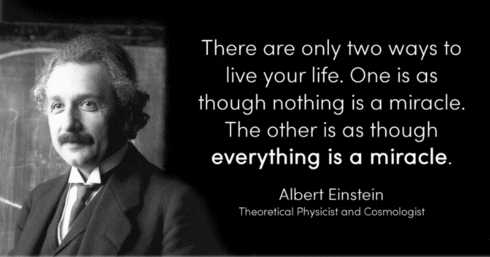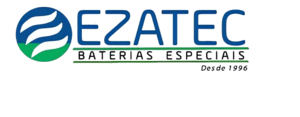Rocket and space technology. Spacecraft launch vehicles V.N.Kobelev , A.G. Milovanov
At the Baikonur cosmodrome, a monument has been erected with the historical words: “Here the genius of the Soviet man began a daring assault on space / 1957 /”. More than half a century has passed since the first artificial Earth satellite was launched into space. Ensuring guaranteed access to space is one of the important tasks of space activities. If at the dawn of cosmonautics only the USSR and the USA had their own launch vehicles, then in the subsequent period the club of space powers was constantly expanding. And currently, there is fierce competition in the spacecraft launch vehicle market. The launch vehicles themselves are constantly being improved.
This book has been prepared by well-known Russian scientists in the field of the development of spacecraft launch vehicles - Professor V. N. Kobelev and Professor A. G. Milovanov. In it, on the example of a large number of samples of launch vehicles, an analysis of their development and constructive improvement is carried out. The book contains a large reference material on the design and characteristics of domestic and foreign models of launch vehicles, is well illustrated. Much attention in the book is paid to reusable rocket and aerospace systems. This book will be useful for students.
Ракетно-космическая техника. Средства выведения космических аппаратов
В.Н.Кобелев, А.Г.Милованов
На космодроме Байконур установлен монумент с историческими словами: «Здесь гением советского человека начался дерзновенный штурм космоса /1957 г./». Прошло более полувека с тех пор, как в космос был запущен первый искусственный спутник Земли. Обеспечение гарантированного доступа в космос является одной из важных задач космической деятельности. Если на заре космонавтики только СССР и США обладали собственными средствами выведения, то в последующий период клуб космических держав постоянно расширялся. И в настоящее время на рынке средств выведения космических аппаратов наблюдается жесткая конкуренция. Сами средства выведения постоянно совершенствуются.
Настоящая книга подготовлена известными российскими учеными в области разработки средств выведения космических аппаратов — профессором В. Н. Кобелевым и профессором А.Г.Миловановым. В ней на примере большого числа образцов средств выведения проведен анализ их развития и конструктивного совершенствования. Книга содержит большой справочный материал по устройству и характеристикам отечественных и зарубежных образцов средств
DOWNLOAD FILE FORMAT DJVU: https://br1lib.org/book/2763878/b67e3e

.gif)















































